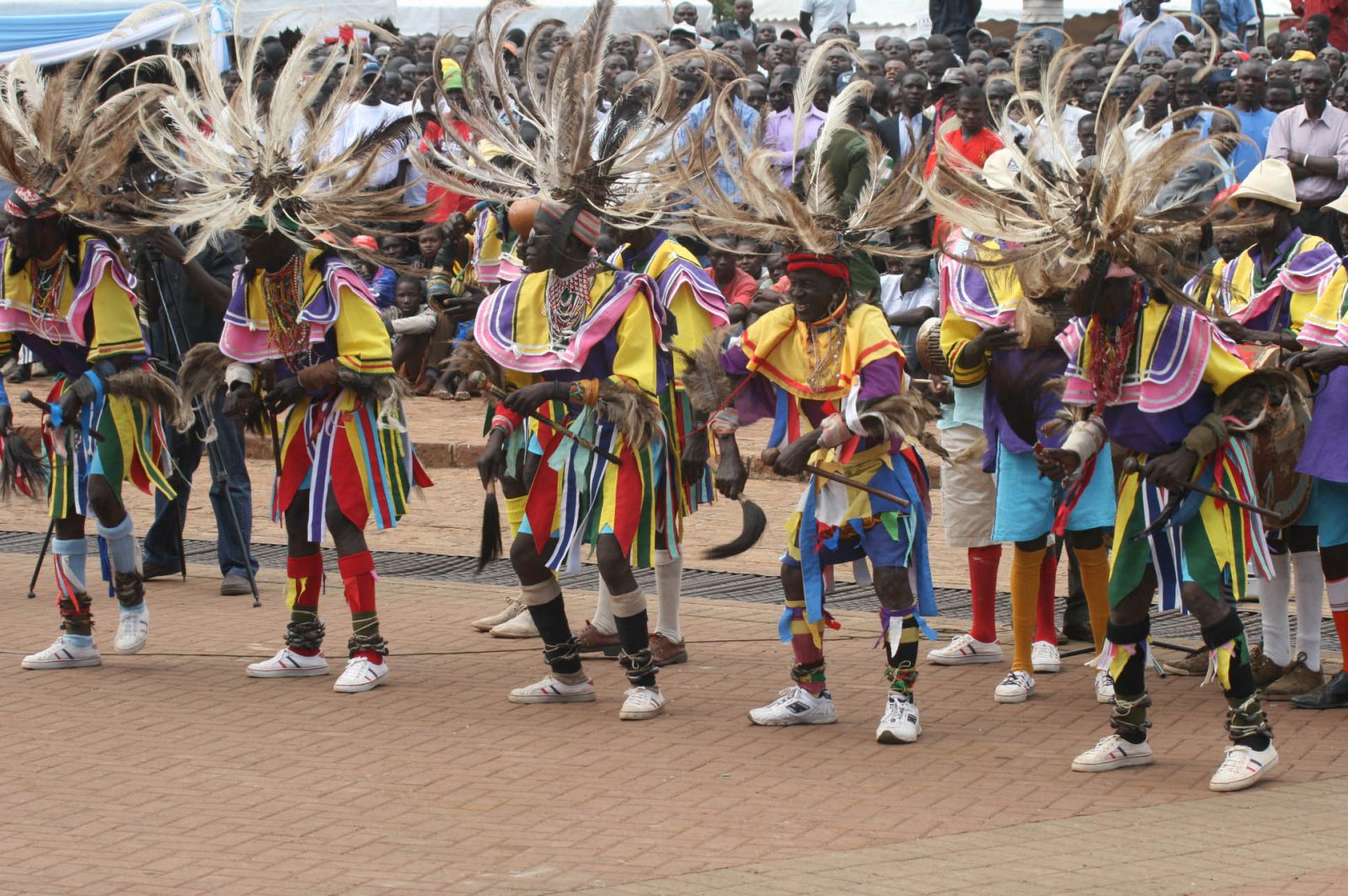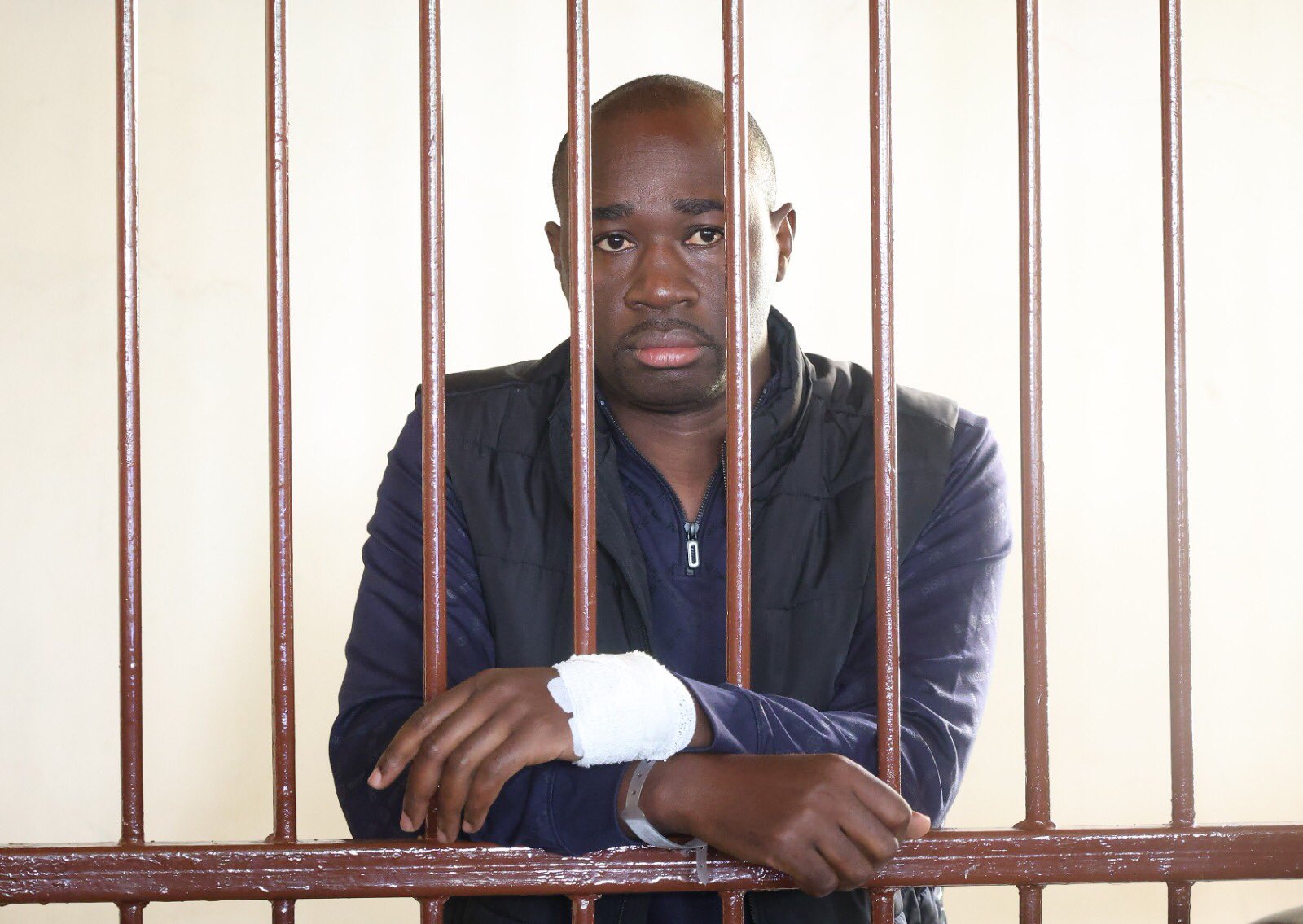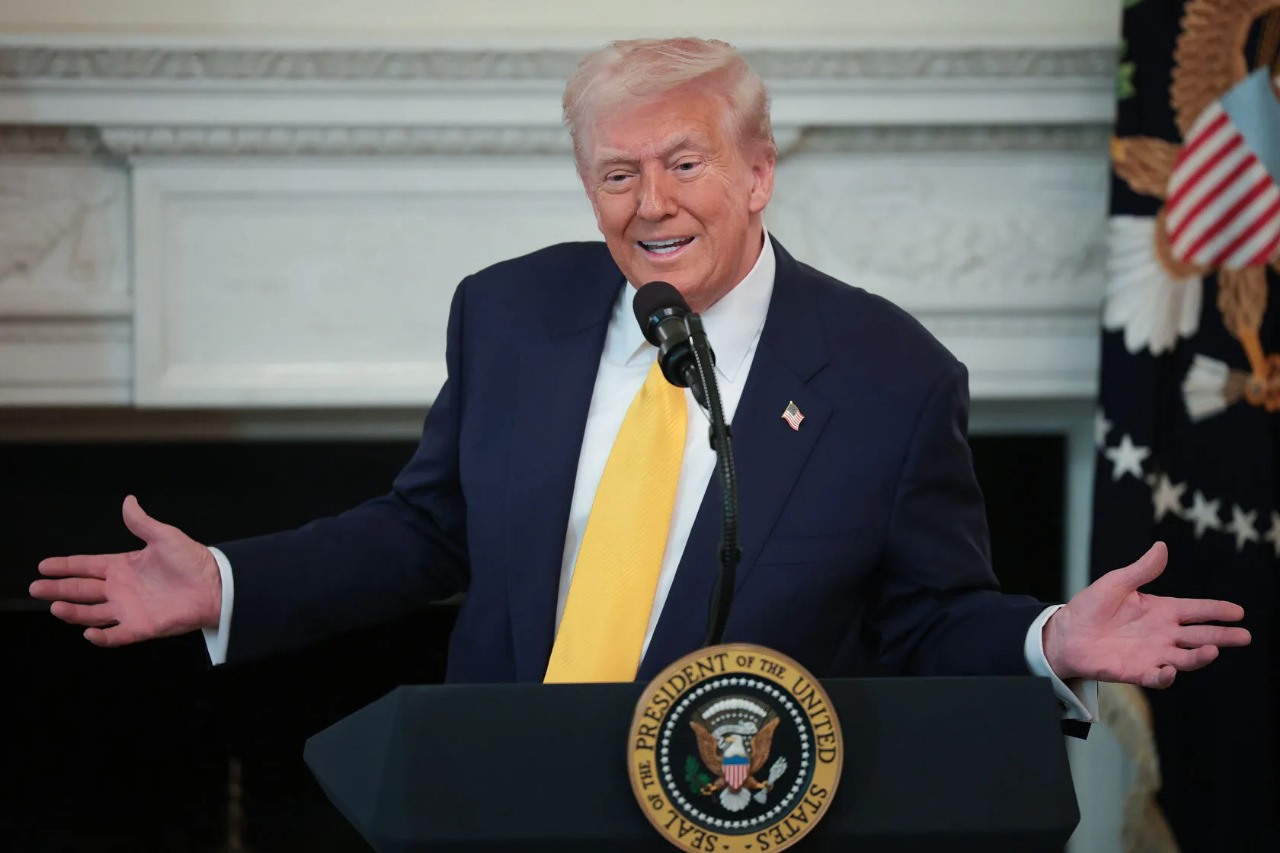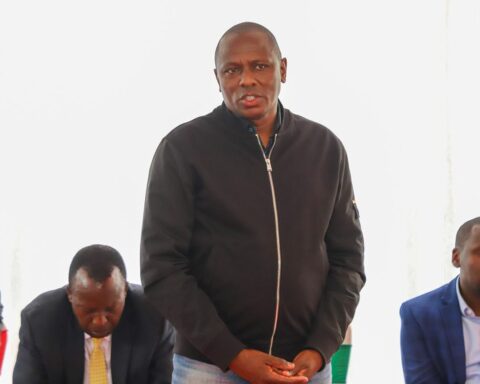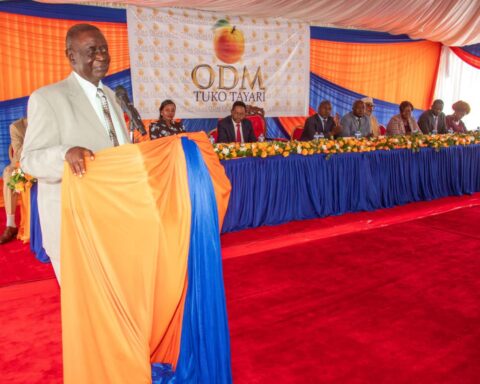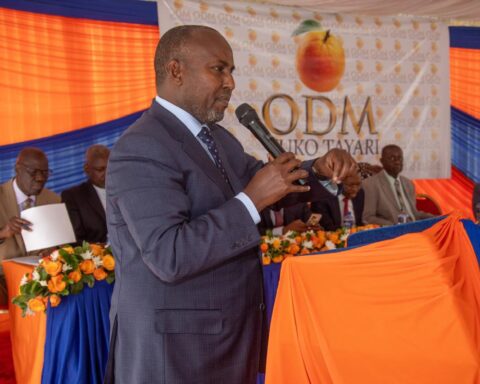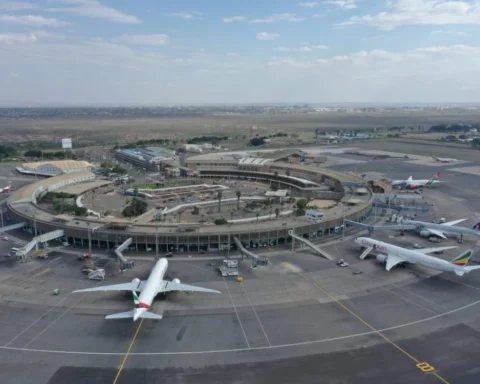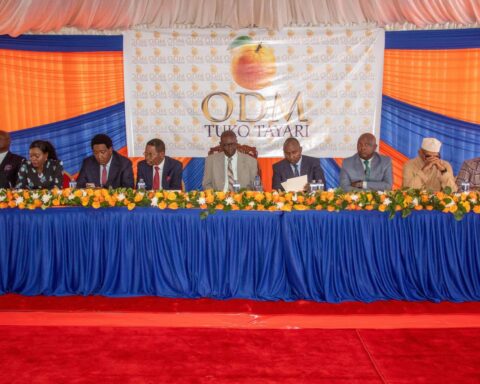When the Luo Tribe, consisting of JokaJok, JokaOmolo and JokaOwiny moved from Bar el Gazal, about 1000 years ago, they learnt the art of forming affiliations and alliances, without discrimination.
In Uganda, there are many kingdoms which were formed by Luo Ambassadors, know in DhoLuo as JoBito, but in Bantu Languages as Babito. When you hear Museveni talk of Jaruos, don’t for a moment think that he is only referring to Owiny, Jok and Omolo of Kenya.
He is talking of the Greater Luo Nation, namely Luo Ramogi of Kenya and Tanzania, Chollo (Shilluk), Alur, Acholi, Langi, Padhola, Anyuak, Jur, Lwo etc, as well as all the Babito Kingdoms, including Baganda, and many other affiliated communities, stretched over Sudan, South Sudan Uganda, Democratic Republic of Congo, Ethiopia, Kenya and Tanzania.
In Kenya, just like in some of these other countries, the Luos have learnt the art of social affiliating and seamless blending. When Riggy G talks of Luhyas as his cousins, we proudly hold the Luhyas as our in-laws and brothers. In-laws because we proudly marry each other, and brothers because we have affiliated with many of their clans, like Abamanyala (JoManyala in Luo), Sakwa (brother to Mumias), the clean of Raila Amolo. We all recognise that he is of the Luo Nation (even though not of the Luo tribe). Ditto Kisii, where multiple constituencies in Gusiiland have real blood relationships with Luos.
One of Luo’s greatest and most celebrated sons, Tom Mboya, was of the Suba Clan of the Luo Nation.
Other great Luo Nation leaders who do not come from the Owiny/Jok/Omolo axis include:
Dalmas Otieno (ka-Magambo clan – most Bantu elders will easily tell you the meaning of that name/title.
John Mbadi of Gwasi clan
Even the famous Lwanda Magere has been whispered not to belong to the urine, but to the greater Luo Nation.
John Okwanyo from the Girango clan who are brothers to the Mugirangos (Abagirango) of Kisii and Kuria.
Owino Misiani of Shirati Jazz of Kiseru clan who are brothers to the Mukuseru of Kisii.
The Bonchari, a phonetic shortening of Bwo-Wanchari, or the people of Wanchari, are descendants of Wanjare, who was the son of Chien (through Rachuonyo), who in turn was the son of Jok.
Wanchari is the Kisii version of Wanjare (Ekegusii has no “J”), who was the younger brother of Sipul (of Kasipul, late Ong’ondo Were’s constituency), who migrated and was assimilated in Gusiiland following an unfortunate fatal incident.
Until 1945, this clan, though recognised by both Luo and Kisii as belonging to the Abagusii Nation, could not marry into or from these Luo clans: Kasipul, Rachuonyo, Kabondo, over 80% of Ndhiwa and Nyatike Constituencies, because they are blood brothers and sisters.
Most of these alliances and affiliations occurred centuries ago and in ALL cases, all the Language thrived until the colonialists arrived, who, for ease of administration, declined to produce books in any of these respective languages, except DhoLuo.
Post independence governments followed the same pattern, thus almost completely killing some of these languages.
As Luos, we are extremely conscious of the complexity of the Luo Nation, and many times during ceremonies like in marriage negotiations the clans which speak extra languages from DhoLuo freely consult and short-circuit the DhoLuo speakers, of course with a lot of humour. The intermarriage is extremely high.
In fact, even pay independence, this alliance and affiliation has continued, the best example being the Maragoli community in Oyani, Kanyamkago area (Mama Ida Odinga’s birthplace).
Kenyans should note that even before Kenya’s independence, the Luo Nation was already a multi-ethnic entity, highly tolerant of people who spoke other languages, with whom all choose to live harmoniously.
That is the reason they are tolerant of other people and have always strived to work together as an entity. It is in their DNA.
So let Riggy know that as a community, the Luo main agenda now is to support the government which the constitution gifted Kenyans with, so that Kenyans can progress.
At the appropriate time, and if the current leadership wins another term, we will support it.
If Riggy G’s cousin wins, let him not be surprised to find Luos ndaaani, ndaani, ndani, because, normally in auspicious occasions, brothers and in-laws are invited to the banquets table first, even before cousins, and even if they delay, they must be invited, anyway, anyhow!
